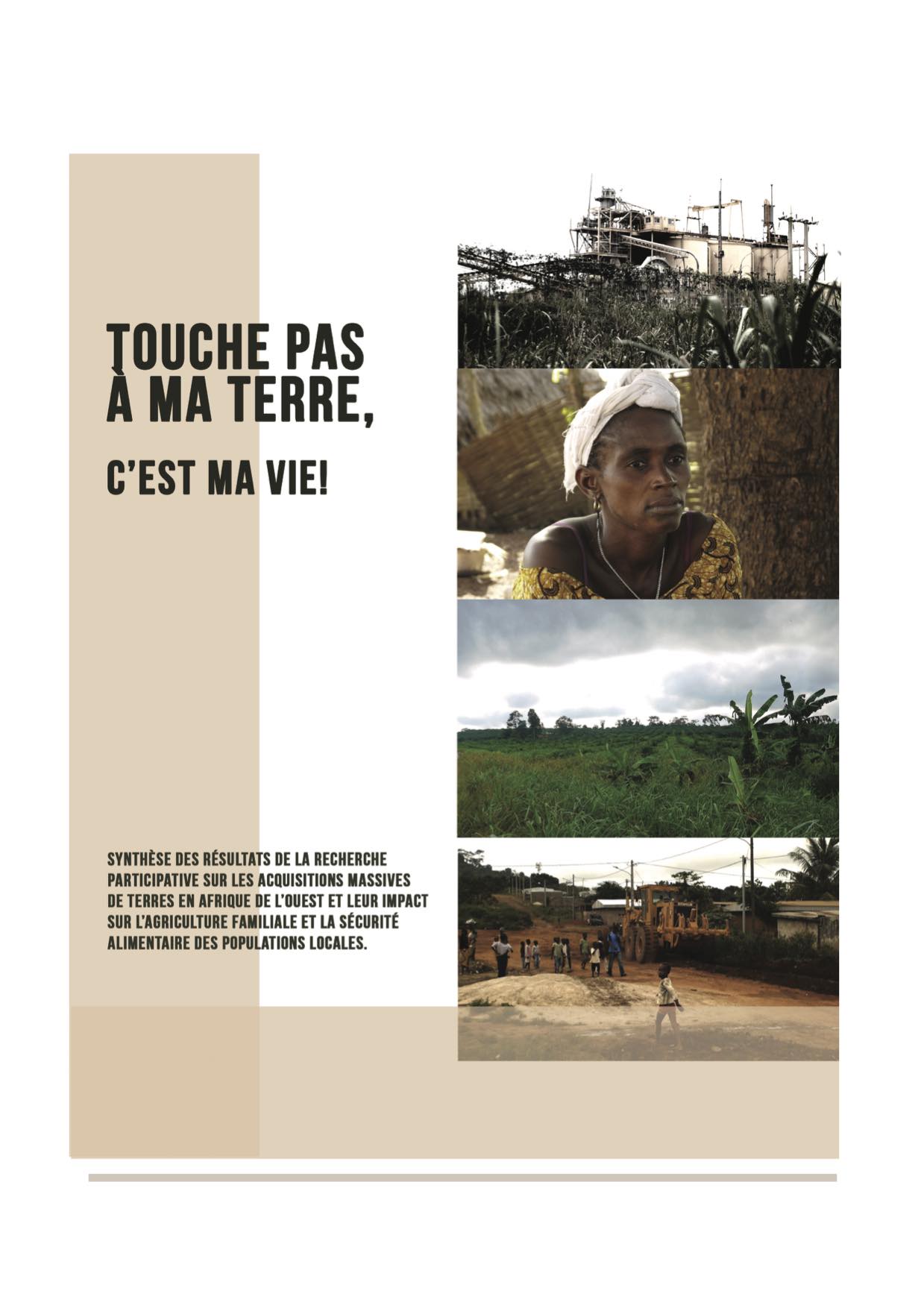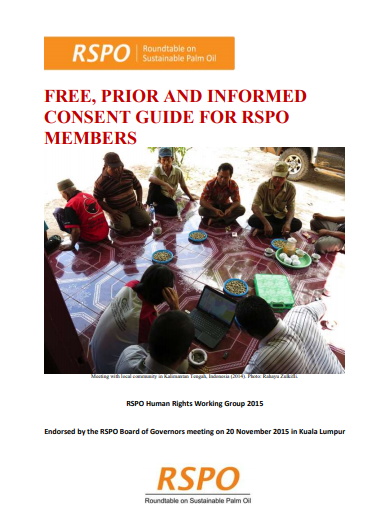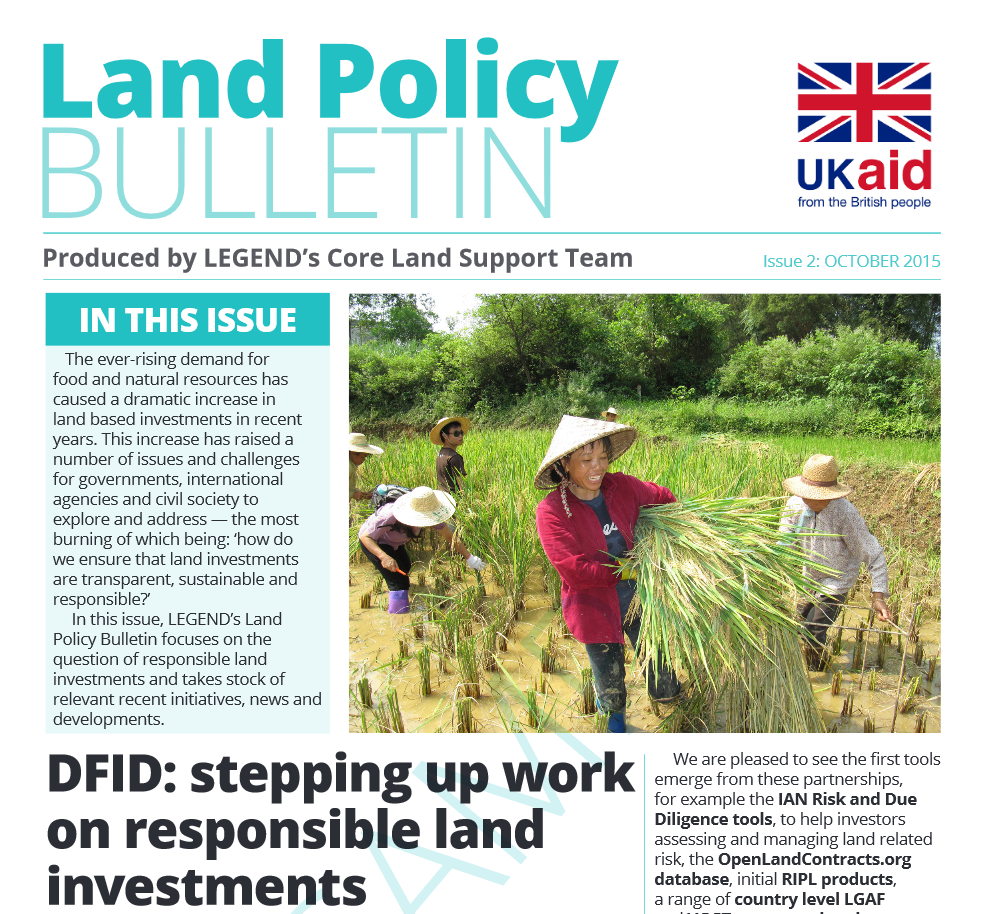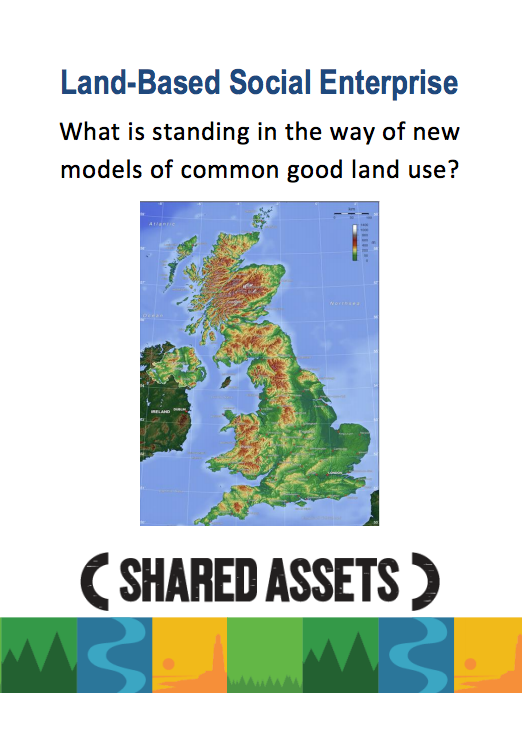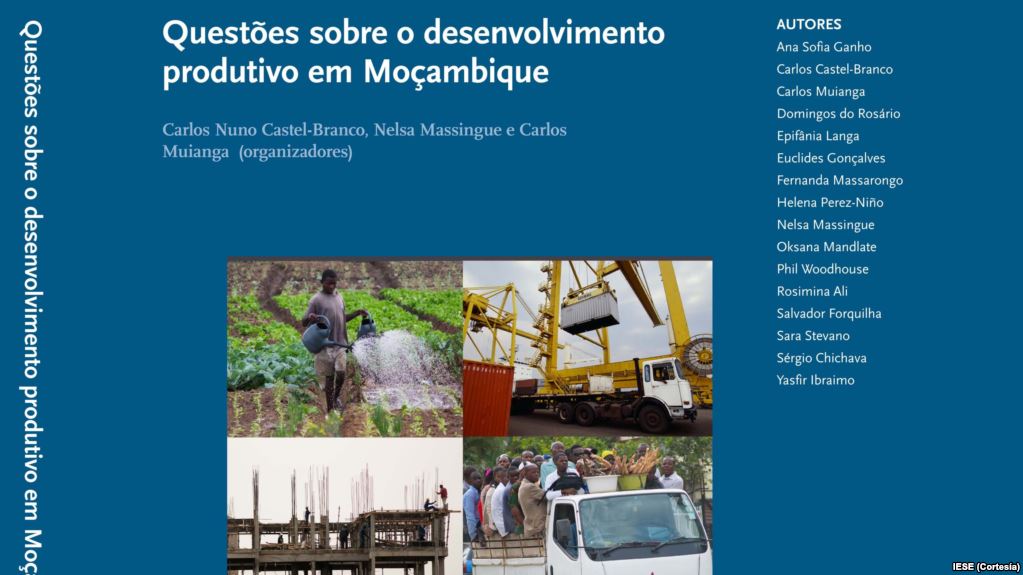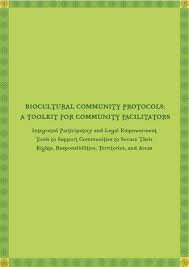Touche pas à ma terre, c’est ma vie !
Nous n'héritons pas de la terre de nos parents, nous l'empruntons à nos enfants. Cette conception de la relation de l'homme à la terre est encore plus prégnante dans les traditions africaines où "la terre appartient à une grande famille, dont beaucoup de membres sont morts, quelques-uns sont vivants et dont le plus grand nombre est encore à naître".

